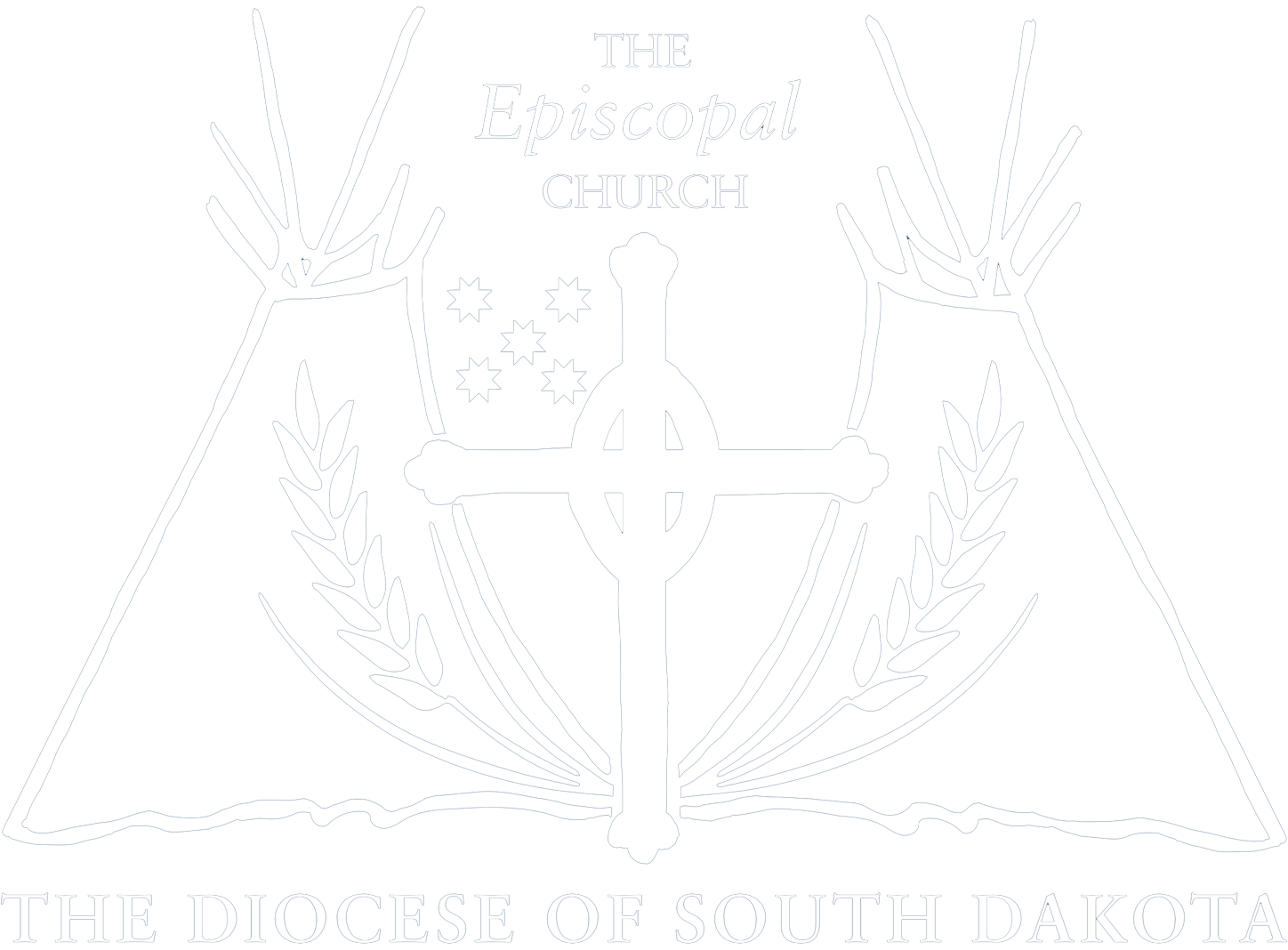The following is a transcript of the opening remarks of Presiding Bishop Michael Curry at the Executive Council of The Episcopal Church, meeting in San Francisco, California, through Feb. 12. These remarks have been lightly edited for clarity.
‘Jesus Shows Us Another Way’
First of all, welcome. It’s so good to be in person. In fact, in person, God figured this out a long time ago—that embodiment is really good. That’s what Christmas is about. So Merry Christmas. Merry Christmas.
I remember a few years ago while I was bishop of North Carolina, I remember reading a book. I was getting ready for Holy Week and was just doing some background reading and trying to listen to scholars and hear what they had to say, and I remember coming across the writing of a couple of New Testament scholars who said something I had never thought about before.
I knew that Palm Sunday and Jesus’ entry into Jerusalem and all of that was planned. I mean, he didn’t just happen to be hanging out in Jerusalem. It was targeted during the Passover season, depending on which versions, but basically probably during the Passover. That was intentional. It wasn’t an accident. Passover was the time when the conflict in faith was both you had the religion or the adoration or the fear of the empire and the hope for another kingdom, another way both met.
And so Jesus knew exactly what he was doing, and he knew Passover would was deeply embedded. Passover was and is a festival of freedom. It is a freedom. If the ancient Hebrews had sung, well, what the old enslaved Africans would’ve, they would sing at Passover:
O freedom, O freedom, Oh freedom over me. And before I’ll be a slave, I’ll be buried in my grave And go home to my Lord and be free.
God made everyone to be free, everyone. And they knew that. And the Passover was that festival of that. And so Jesus was entering Jerusalem, in Jerusalem, at a particular time, a pregnant moment to send a message.
He didn’t have the option of satellite communication. Couldn’t send a text to send out the message. No email. Blessed days, no email. But he did have a pregnant moment to send a message that would last through time. And so he entered Jerusalem at the beginning or near on the occasion of the Passover. All of that, I remembered from seminary, basically.
What I didn’t remember, I didn’t know, was that not only was the occasion of entering Jerusalem at the time of the freedom festival deliberate, but this happened probably at about the same time that Jesus would’ve known that Pontius Pilate, the governor of Rome, would be entering Jerusalem from the other side of the city, riding on a warhorse in front of cavalry and infantry, bearing the insignias of the empire, even the blasphemous title “Caesar is Lord.”
Jesus knew that was happening and entered Jerusalem from the other side. Not riding the warhorse, not in front of an infantry or cavalry, but entered Jerusalem on a donkey.
Help me, somebody. He knew exactly what he was doing, and he knew that he was outlining another way of being human, another way of following him, a way that is not complicit with domination of anybody by anybody else. A way of true humility, not humiliation, but humility that finds its strength deep within. My grandma used to sing, “Something within me that holdeth the reins, something within me I cannot explain. All that I know there is something within.”
And he entered Jerusalem and faced the future. The rest of the week, you know the story. Now, my daddy used to say, “Well, you saw what happened to Jesus by Friday.” I said, “Yeah, but I remember the old preachers used to say, ‘Sunday’s always coming. Sunday’s always coming.’”
I say all of that to say that one of the things I’m struggling to learn in my own life is that I am constantly making choices. How will I enter? On the warhorse of privilege, my privilege, power, on the warhorse of domination? Or will I enter on the donkey? Will I enter in humility? Will I enter in the humility? And the etymology of it is related to the word “human.” Will I enter by being human with you, and you with me, and us with each other?
Jesus has shown us the other way. And at our time here at this meeting, but, more importantly, not only here, but when we leave here, may we ride the donkey and follow Jesus.
God love you. Amen.

